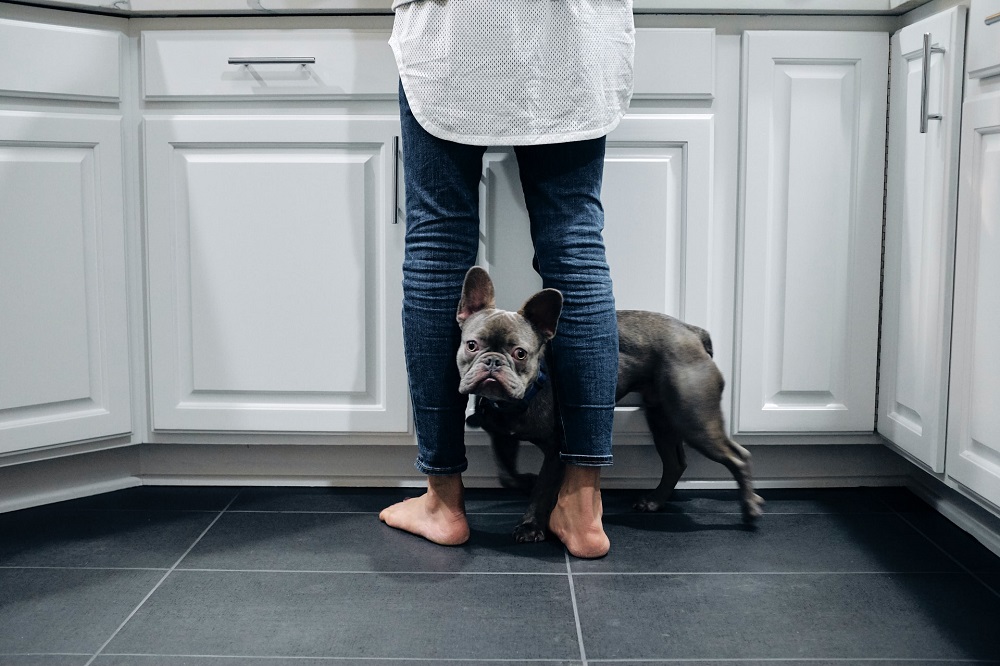
Food is the most important part of any dog’s life. Through their diet, they are able to get the energy and nutrients they need to run around all day, but it can be hard to determine what diet is best for your four-legged friend.
It’s important to remember that each dog is unique, and while a diet might be brilliant for your friends’ dog, it may not be for your own. So, unfortunately, there is no one answer, always do your own research and consult with a vet.
What to Feed
As previously mentioned, there is no right answer for this, every dog is different, and each curtails better to particular diets. Choosing the right food for your dog is always going to be a trial and error task. Having said that, it is usually viable to follow guides directed at the best foods to feed your dog, but be sure to always read the pet food labels and ensure that it includes what you are looking for.
All dogs need a wide variety of nutrients in their life to live it to their full potential. This can vary from macro-nutrients such as protein and fat, which are usually needed in large quantities, to micro-nutrients like vitamins and minerals in smaller amounts. So it’s important to research how much of each nutrient your breed of dog needs and take that into consideration when buying the dog food.
How Much to Feed
Feeding your dog the correct amount of food is equally as important as to what you feed it. Most dog food packaging will include the estimated amount to feed your dog depending on the average size and weight of your dog. This can be measured at your local vet or by simply carrying your dog on a scale and calculating it at home.
Once you have found the desired food suited for your dog, it’s important to keep an eye on their weight over time; this is the best way to gauge whether you are underfeeding or overfeeding them. Occasionally, a dog may not gain too much weight but instead, develop digestive problems or other health-related issues, so this is worth considering and if you ever feel it is an issue, then contact a vet as soon as possible.
When to Feed

For the most part, healthy adult dogs have a very flexible eating schedule. Once you have distinguished a daily feeding amount, you can divide it up to as many meals as you want and feed them at times that suit. Most dog owners feed their dog 1-3 times a day; however, some recommend doing 2-4 smaller dishes spread over the full day to avoid bloating.
Another popular alternative is free feeding. This is when the food bowl is left at the dedicated spot throughout the day, and the dog is allowed to choose when and how much it eats. This can work well with some dogs, but it is always best to measure how much you are giving them.
Human Food
Pets should always get most of their source of food from their balanced, commercial pet food. However, it can be nice to serve them human food as an occasional treat providing it’s the right sort of treat and supplements their diet nicely. For example, unseasoned chicken can carry a great deal of protein and is a great option if you want to incorporate more protein into your dog’s diet.
It is worth noting that most human foods – especially if seasoned, are too rich and fatty for a dog to digest properly and can lead to possible health implications for your dog.
Natural Dog Treats and Supplements
Perhaps you want to treat your dog but don’t want to worry about any possible complications that come with human food? Your best solution is to grab a selection of natural dog treats and supplements; each pack will be bursting with appropriate vitamins, nutrients, and whatever your dog might be in need of.
Worried about your dog’s teeth? Why not get a pure venison snack to help keep your dog’s teeth as clean as possible. Or why not boost your dog’s overall health with a pack of supreme sprats? – It is even suitable for cats!
In Conclusion
Feeding your dog can be a difficult task at times, and ultimately we all want the best for our four-legged friends. Hopefully, these tips are both insightful and beneficial, and you can consider them for feeding your dog.
Always remember the best kind of advice comes from your dedicated vet, and you should always consult with them before making any difficult decisions or changes within your dog’s diet.
© Copyright 2022 Antonia, All rights Reserved. Written For: Tidylife


Leave a Reply